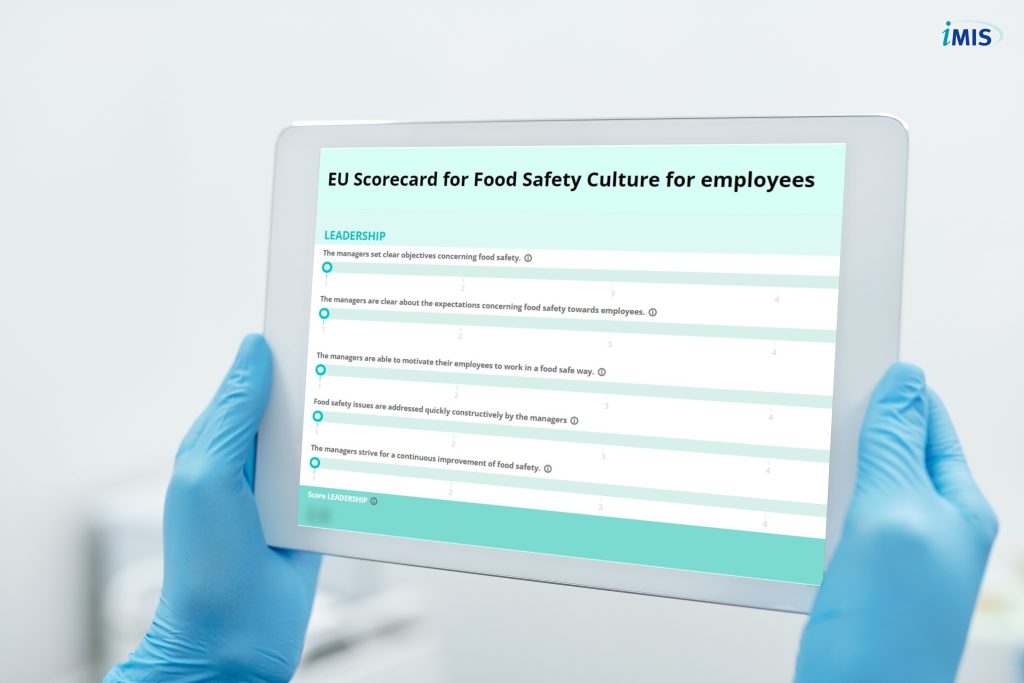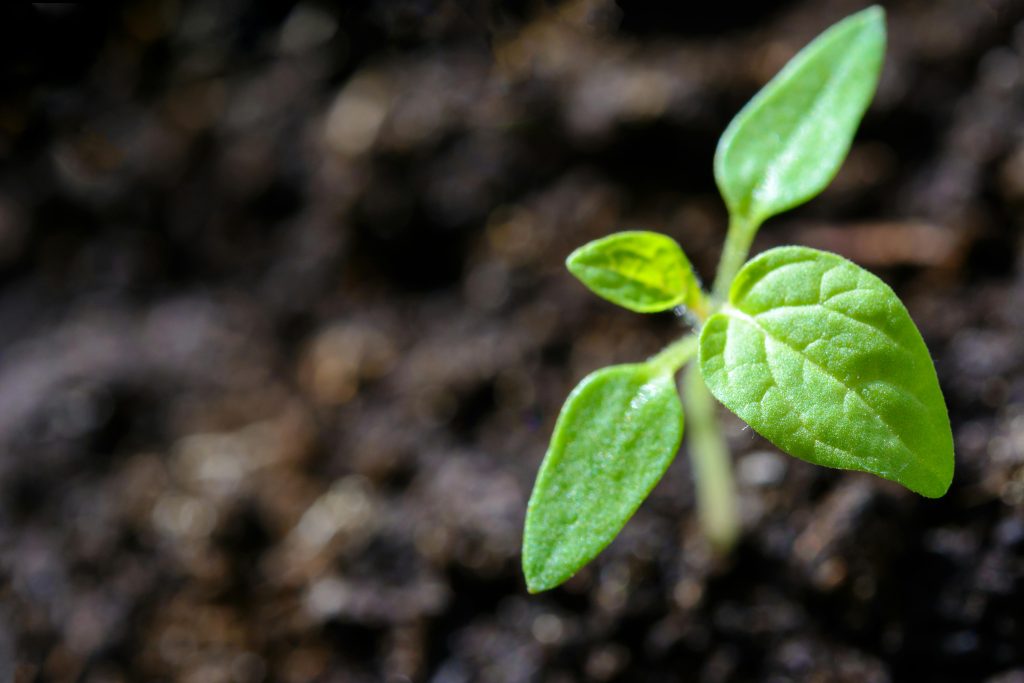Status of food safety in Africa
Introduction
Food Safety is linked either directly or indirectly to the fulfilment of the SDGs, ending hunger and poverty, and promoting good health and well-being. There is no food security without Food Safety.
Access to safe and nutritious food is a basic human right. However, ” every year around the world, over 420 000 people die and some 600 million people fall ill after eating contaminated food.” the FAO study says.
The consequences of unsafe food affect socioeconomic development, burden the healthcare systems, and hinder economic growth as well as global and regional trade. Even though the increasingly globalized food market offers opportunities, in countries that are unable to meet international food safety standards these are lost, causing food loss, and waste of income and natural resources.
Food Safety risks hamper global food security and the achievement of SDGs by 2030.
The current Food Safety situation in Africa
” Today, half the world’s population live in cities or towns on only three per cent of the Earth’s surface. By 2050, over 65 per cent of all people will be urban dwellers.”, the FAO report states. With this urbanization, the safety of food must be ensured. Hence, food safety concerns, food production, and distribution will reach high importance in sustainable development and growth.
Africa has the world’s highest per capita incidences of foodborne illness with 91 million cases of sickness.
”In many African countries, the capacity gap includes a lack of effective public policies and institutions to provide regulatory oversight; insufficient extension services, research, and other technical assistance for producers; too few trained people to carry out food safety activities in both the public sector and in small-and-medium-size enterprises (SME’s) and lack of cold chain facilities, food testing laboratories and other physical infrastructure. These gaps – and the resulting questions about food safety – result in costly illnesses and death for domestic consumers, who rely heavily on informal markets for their food, jeopardize market access and thus economic success for African farmers and food companies.” (L. Mofolo, I. Boto 2018)
According to this study, there is a need for action from policymakers, producers, and consumers in developing countries in Africa to ensure food safety and prevent foodborne illnesses. The growing population and urbanization in these countries lead to increased demand for processed food, therefore the supply chains became more complex and the local and global food systems are under pressure.
Furthermore, the intra- African food demand is projected to increase by 178% by 2050. Therefore, it is crucial to create and implement effective food safety systems which guarantee that food producers and suppliers along the supply chain work responsibly and ensure the safety of the food. There is also a low level of investments and compliance with international standards, thus weak monitoring, and enforcement of these regulations by governments or authorities. However, the cost of compliance is high in most African countries and thus small farmers and actors are facing difficulties. (L. Mofolo, I. Boto 2018)
Another food safety-related challenge is the lack of motivation for the private sector to engage in formal trade therefore, informal local markets are formed with unregulated and unsafe trade due to poor infrastructure.
Supporting capacity-building in food safety in Africa
The current food safety situation in sub-Saharan Africa (SSA) has been analyzed by the Global Food Safety Partnership.
According to the GFSP report, the current investment in Food Safety focuses on access to regional and international export markets. Thus, it is not concentrating on reducing foodborne illness among the population in SSA. Food safety has become an important public health and development concern due to the fast change within SSA agri-food systems and new knowledge on foodborne disease health and economic burden. Therefore, the need of reconsidering national government investments and donor support is necessary.
The GFSP report provides the first analysis of food safety investments and up-to-date information regarding the key food safety players in SSA.
According to this study, the complexity, dynamism and diversity of the food system hamper the planning and targeting of investments. However, they offer opportunities for the development of agri-food systems. Some of the key elements of the agri-food systems are:
- The dominance of smallholders and the diversity of foods
- There are many hazards and limited knowledge on their presence.
- Prevalence and contribution to health risks
- Fast-growing formal and informal, domestic and export markets
- Infrastructure challenges
- The governance systems are complex and underfunded but in the process of development.
- The rising consumer awareness and market demands for food safety depend on countries and markets.
The GFSP study analyzed over 30 bilateral, multilateral agencies, development banks and foundations, which represented the international donor organizations that play a major role in providing food safety capacity investments. The report shows that current investments reflect the main concerns that were present in the last decades, such as access to the export. Although these concerns are still important, the broad food safety needs are not addressed effectively. Therefore, national governments and donors should take into account a different approach to tackle food safety with more emphasis on health and investment. ”Export-oriented capacity building remains relevant, but investments need to be shifted, broadened, brought up to date, prioritized and justified.”
Specific recommendations were drawn by the GFSP on three main arguments:
- ”Better address the health of domestic consumers dependent on informal markets: donor investments have little focus here.
- Build capacity for well-governed, evidence and risk-based food safety systems: harmonization of food safety governance.
- Harness marketplace drivers of progress on food safety: supporting the private sector to increase food safety amongst all stakeholders.”
Sources
FAO (2019), The future of food safety. There is no food security without food safety.
GFSP (2019), Food Safety in Africa: Past Endeavors and Future Directions.
Related articles to Food Safety status in African countries
Many customers and visitors to this page 'Food Safety status in African countries' also viewed the articles and manuals listed below:



